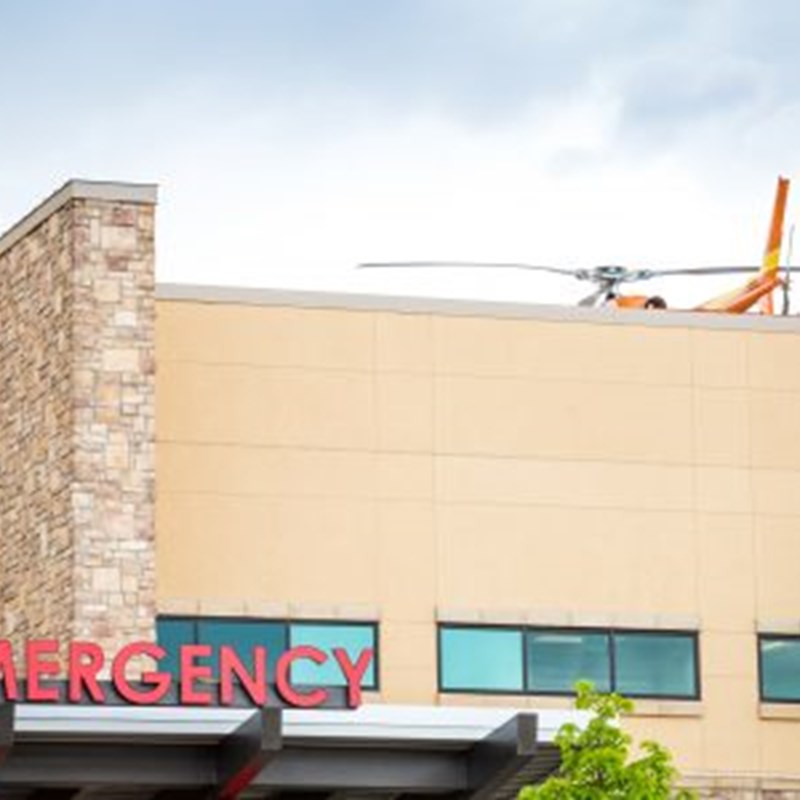
Among the numerous sectors already benefiting from IoT solutions, healthcare services have arguably some of the greatest potential for achieving improvement and change through adoption of new technology. At the simplest level, implementing IoT applications and solutions can help healthcare services to save time and money – essential factors in countries like the UK where National Health Service funding is close to reaching crisis point, and the US, where approximately 18% of the GDP is spent every year on healthcare.
Data sharing
IoT can be used in a variety of ways within a medical setting, from data collection to remote diagnosis. Reducing paperwork and patient waiting times would be welcome developments for both healthcare providers and users. By utilising cloud-based data management, information sharing would become simpler, enabling treatment and medication to be distributed across a wider spectrum of locations. It would make many people’s lives easier, for example, if repeat prescriptions were able to be ordered via the cloud, tracked securely, and delivered to patients’ homes, reducing form-filling and admin time, not to mention improving logistics for patients with mobility issues.
Patient wearables
Many of us are already used to wearing monitoring devices on our wrists or in our shoes, and perhaps even as jewellery, so the move to sharing the kind of data they collect about our health with our medical practitioner doesn’t seem too far-fetched. This kind of data collection and analysis could help patients with chronic conditions such as diabetes, and could potentially alert us and our doctor to changes in our vital signs that may indicate the onset of a medical condition.
Remote diagnosis
With connected devices such as smart stethoscopes and thermometers from digital health start-ups like CliniCloud already on the market, increased patient autonomy is just on the horizon. These devices enable patients to track and record their own personal health data such as temperature and breathing, then share it securely with a doctor in order to receive a remote diagnosis. This kind of diagnosis could enable paramedics and doctors to make decisions about the gravity of a patient’s condition remotely, extremely useful in situations where there is no immediate medical assistance available, such as on oil rigs or boats.
Tracking resources with Iknaia
Arkessa customer Iknaia is leading the way in Healthcare Asset Management with their connected beacons and detectors that can be attached to all kinds of healthcare equipment within a hospital setting. By connecting healthcare equipment, the Iknaia solution means that staff can locate the right piece of equipment quickly and easily, and that theft and loss of equipment is drastically reduced.
Iknaia’s Bluetooth Smart Low Energy (BLE) connected devices are designed to be compatible with any device equipped with Bluetooth 4.0, making it a simple and effective solution within large public buildings like hospitals, where GPS coverage can be patchy, and WiFi sometimes unreliable.
Iknaia’s BLE-connected beacons can be attached safely and securely to many different objects within a hospital environment, from high-value medical equipment like scanners to smaller, more mobile equipment such as wheelchairs and stethoscopes. The technology allows staff to access real-time data on the whereabouts of the equipment, and alerts can be set up if an item ends up in the wrong place or is taken off the premises.
Wearables for hospital patients and staff also make up Iknaia’s connected solution – providing patients with a wristband containing an Iknaia beacon enables staff to locate patients efficiently, send them messages about their appointments during their stay in hospital, and keep track of crowds in an emergency. Wristbands for newborns monitoring their location and well-being can mean increased peace-of-mind for maternity staff and new parents, and patient location services can help family members find their ill relatives quickly and easily in the warren of large hospital wards.
Arkessa are proud to provide the secure connectivity for Iknaia’s beacons and detectors, helping to improve the experience of patients and healthcare staff. With solutions such as Iknaia, we can make a real difference to our healthcare environments, now and in the future. For more information on our partnerships, please visit our Experience page on arkessa.com.